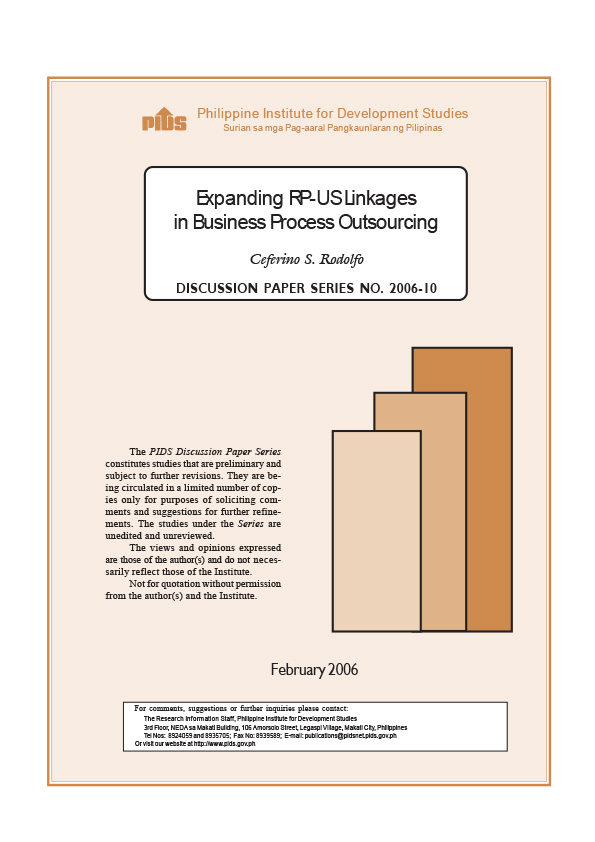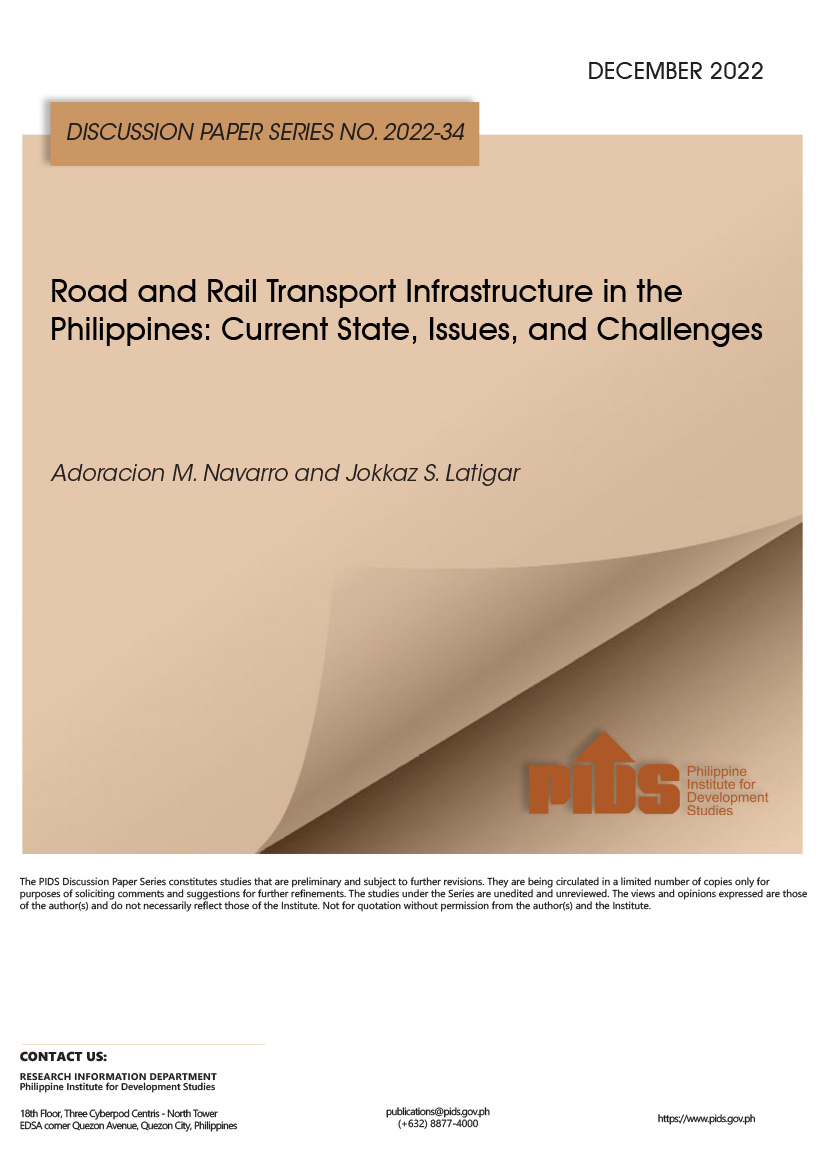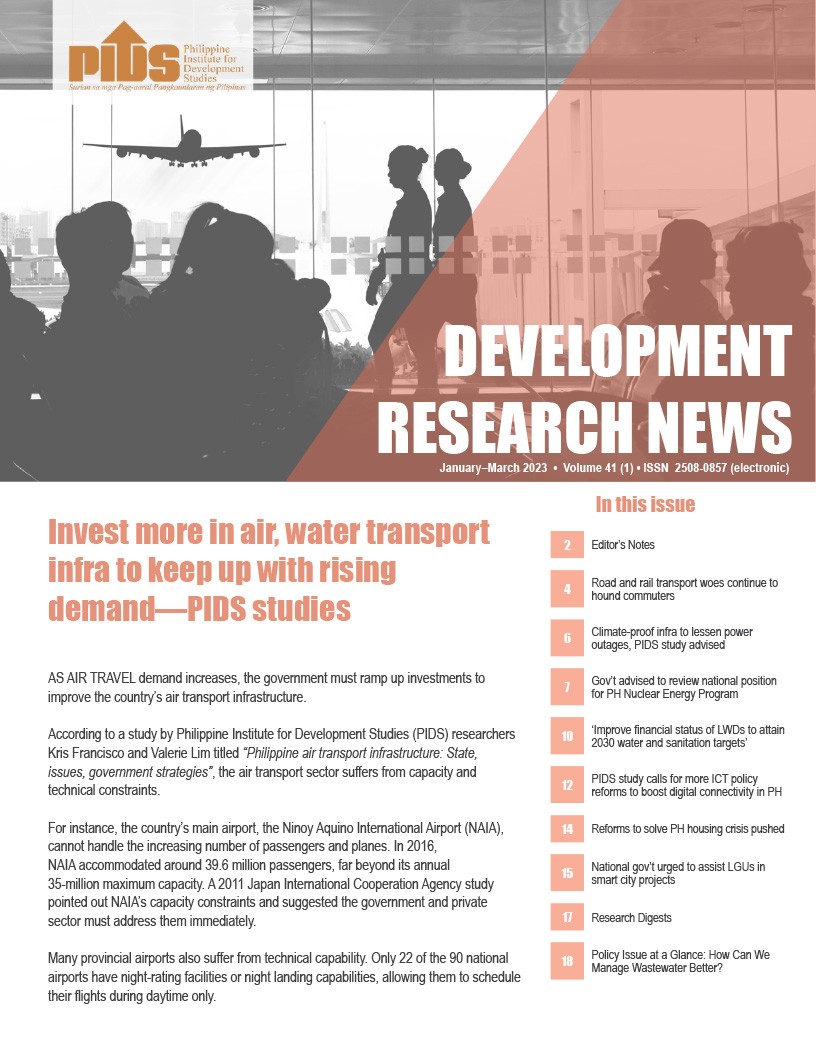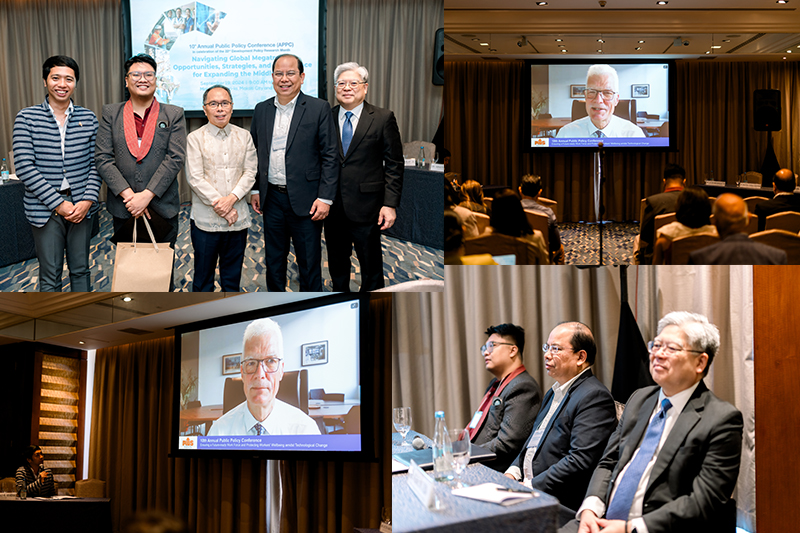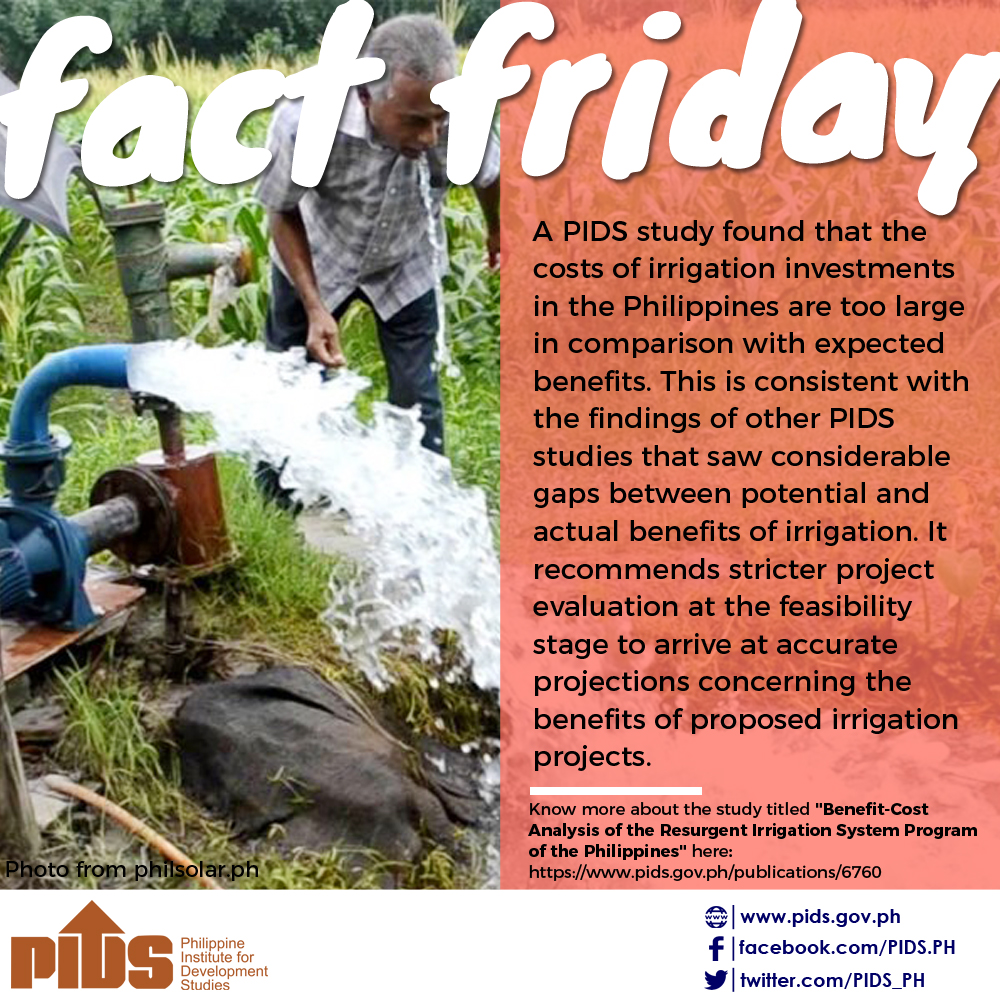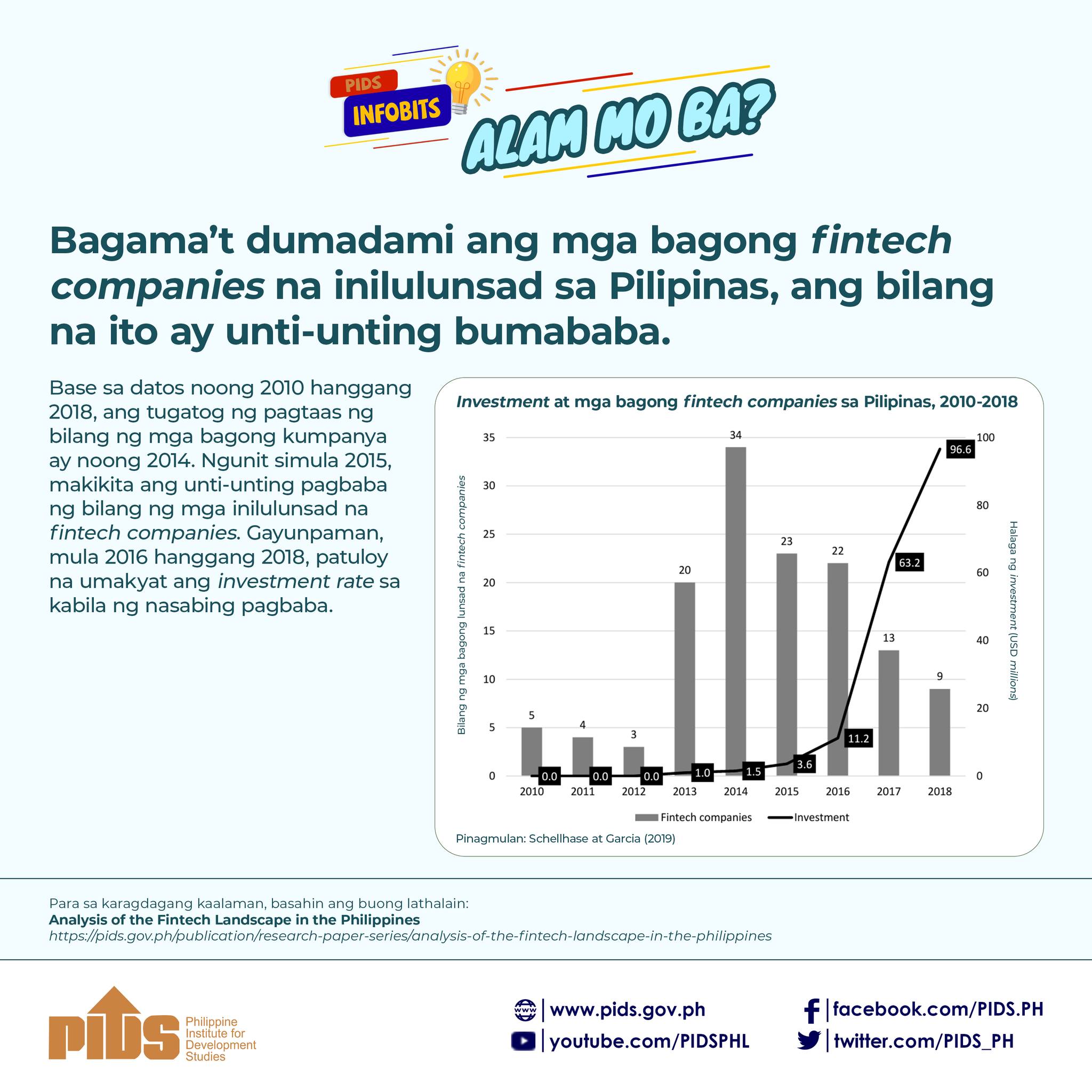The Business Process Outsourcing (BPO) sector has experienced unprecedented global growth. This has greatly benefited the Philippines, where BPO has five main segments: call centers, medical transcription, animation, software development, and shared services. High population level, cultural affinity with the major markets, and advanced telecoms infrastructure are the key advantages of the Philippines. Political stability, on the other hand, is its main weakness. To ensure the sustainability of BPO sector growth in the Philippines, supply- and demand-side issues were examined. From the supply-side, BPO companies are increasingly finding it difficult and costly to attract, recruit, and retain qualified BPO professionals. The Government—both at the national and local levels—has partnered with the BPO industry and with academic institutions in addressing this issue. From the demand-side, on the other hand, critical developments in the United States—the main market for BPO services—highlighted potential threats to sustained BPO growth. First, the uncertain performance of the U.S. economy has led to increasingly vocal U.S. constituencies that demand protection for American workers. Second, heightened security precautions of the US have made it difficult, in general, to obtain visa. This has affected BPO professionals who need to travel to the US for technical, marketing, and human relations requirements of offshore projects. And third, there is an increasing need for data privacy and security especially in emerging BPO segments—health care and financial services. Should negotiations for the proposed RP-US Free Trade Agreement commence, it is recommended that the Philippine Government incorporate discussions on these potential threats to the sustainability of BPO sector growth.

